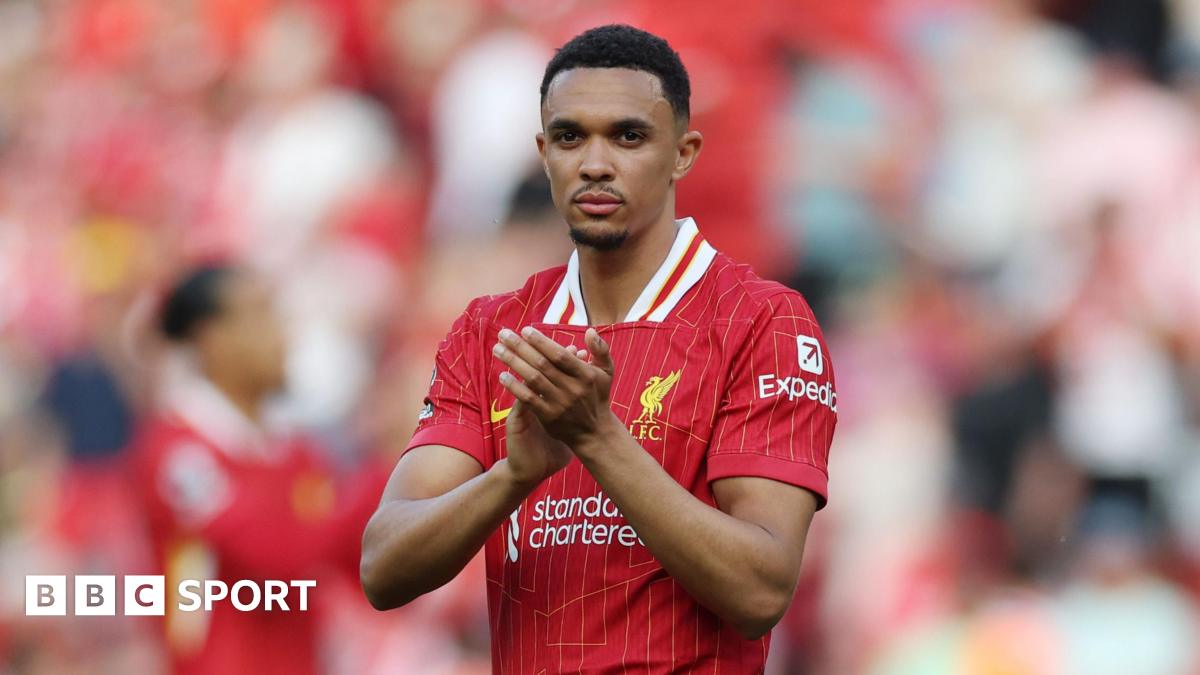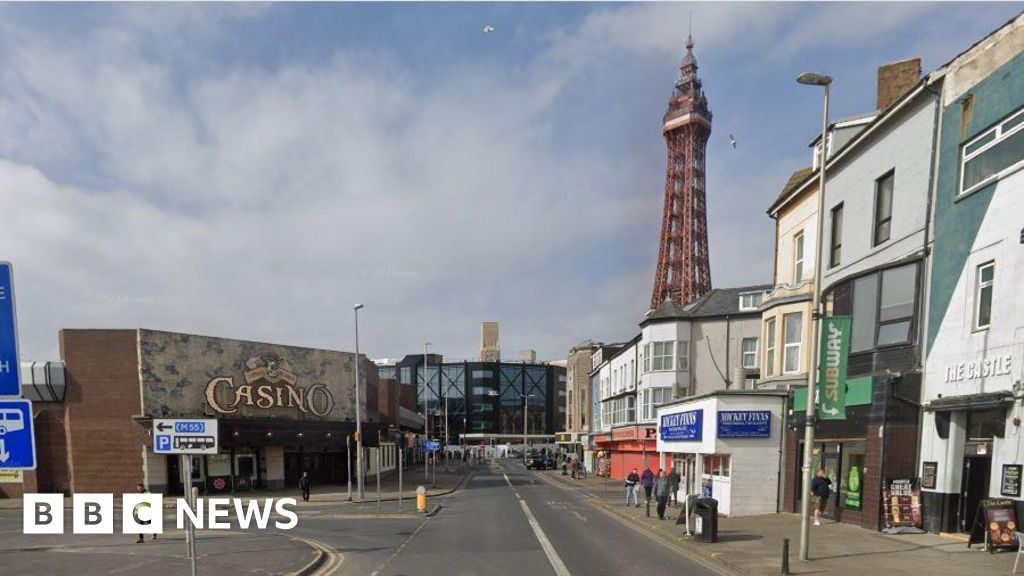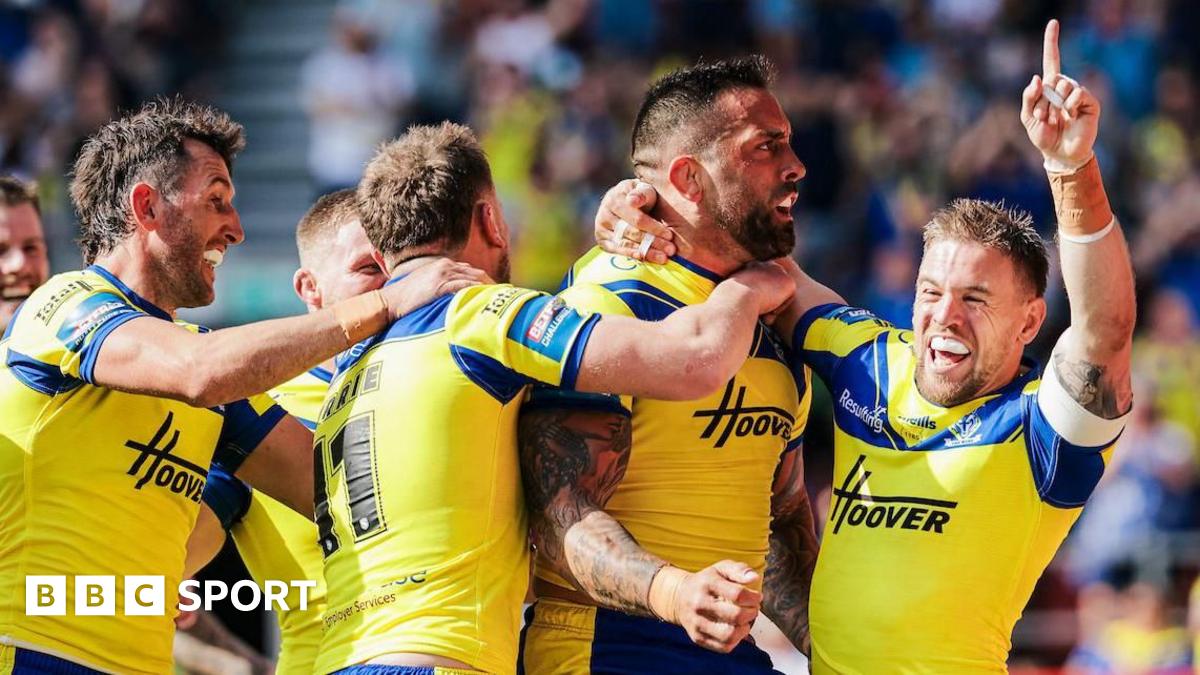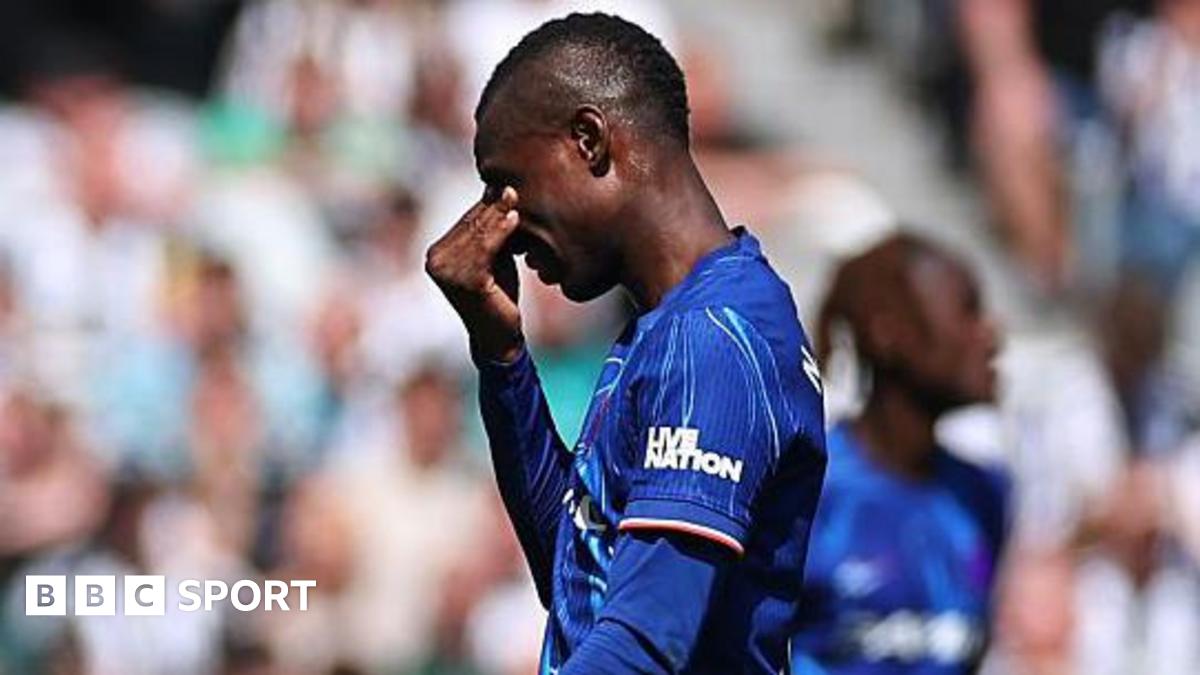 Image source, Getty Images
Image source, Getty Images
Leaders Liverpool, who won at Manchester City on Sunday, have the best away record in the Premier League this season
Former Manchester United manager Sir Alex Ferguson once said "we always depend on our home form" - but how much can teams really depend on it?
So far this season, only 38.7% of Premier League games have been won by the side playing at home - the second-lowest on record.
After a weekend which saw seven out of 10 fixtures won by the away team, what has happened to so-called home advantage?
BBC Sport looks at the numbers behind this season and tries to explain why it may be happening.
What do the stats show?
Only once during the Premier League era has there been a lower proportion of home wins during a season than in 2024-25 - and that was the Covid-affected 2020-21 campaign.
In a season largely played without supporters present at games because the country was in lockdown, only 37.9% of matches were won by the home team, with away wins up at 40.3%.
But while the proportion of home wins is again low this season, there is no trend in the numbers to suggest this had been coming.
With supporters returning in 2021-22, home victories were back up at 42.9% and even rose to 48.4% during the following campaign - the seventh-highest in the league's history.
The overall percentage of home wins since the Premier League's inception in 1992-93 is 45.7%, with 5,795 out of 12,667 games won by the home side.
This would suggest that not only is home advantage very much a thing - but that without fans present that edge was lost.
So what's happened in 2024-25?
Is style of play making a difference?
Much has been made this season about the increase in teams attacking quickly in transition, rather than the territory and possession-based football made so fashionable by Manchester City boss Pep Guardiola.
As Guardiola recently said himself: "Modern football is not positional. You have to ride the rhythm."
Teams like Bournemouth have had huge success playing in this more aggressive style - but does it also help sides playing away from home, with less onus on them to dominate the ball and push forward, but instead break quickly and hit teams on the counter-attack?
The percentage of goals scored after "fast breaks", according to Opta, has never been higher than this season.
One in 10 goals are scored like this - 10.2% - with the next highest proportion down at 7.7% in 2022-23.
The average number of fast breaks per game is up in general, as is the number of direct attacks per game.
It feeds into the notion of the classic, archetypal 'away goal' - soak up pressure, win the ball back and hit the home side on the break.
On the subject of away goals - there have been a lot of them. The 1.52 goals per game on average scored by away teams this season is the highest-ever in the Premier League.
Are traditional home fortresses crumbling?
Going back to Ferguson's quote, his Manchester United side were famed for making their Old Trafford home a fortress when they dominated English football for long periods during the 1990s and 2000s.
After their 3-0 win there in December, Bournemouth boss Andoni Iraola even modestly said: "It doesn't happen a lot that you come to this kind of stadium and win 3-0."
But this isn't quite the case anymore, with the Red Devils losing seven of their 13 home games so far in 2024-25.
Old Trafford isn't the only big ground which seems to have lost its fear-factor.
Chelsea, who went 86 games unbeaten at Stamford Bridge between 2004-2008, have only won six of their 12 matches at home this season - despite an improved showing on last campaign.
Meanwhile, champions Manchester City have already lost three times at Etihad Stadium after a 52-game unbeaten run at home in all competitions was ended by Tottenham's 4-0 win there in November.
Across the entire league, no side remains unbeaten on their own ground, with runaway leaders Liverpool holding the best home record with nine wins, two draws and one defeat.
And the old adage that you have to win your home games to stay up? Well, the bottom three have just four home wins in 41 matches between them.
Is it still actually down to the fans?
The Covid-19 era showed fans likely had a positive impact on how home teams performed - but can home supporters have a negative effect too?
Some might say the Goodison Park grumbles which accompanied Sean Dyche's final days as Everton boss are in stark contrast to the partisan passion on show under David Moyes' resurgent side. Have fans had an influence there?
Some of this season's struggling teams have seen their own supporters turn hostile on occasion.
"You're not fit to wear the shirt," was one chant aimed at Leicester City players by Foxes fans in Friday's 4-0 home defeat by Brentford at King Power stadium.
It's a ground where protests against the club's hierarchy have been commonplace in recent weeks - a period in which, perhaps coincidentally, Leicester's home form has seen six consecutive league defeats without scoring - setting a new unwanted Premier League record in the process.
Leicester boss Ruud van Nistelrooy agrees supporters have a right to voice their opinion - but speaking before the Brentford game, he emphasised just how much fan backing can mean to teams.
"Looking back as a player, when you played in front of your home crowd and there is a connection from a tackle, pass, cross or difficult moments in a game where support is lifting you, I know as a coach and someone who loves sports and football what it does to the team," he explained.
Similar, though perhaps less vocal protests, have been witnessed at Tottenham Hotspur stadium in recent months.
Ironically, the most visible signs of discontent came as Spurs beat Manchester United earlier this month - but home fans had not seen their injury-hit team win at home in the league since early November, and that three-month wait for a home league win included defeats by relegation-battlers Ipswich Town and Leicester.
Any other reasons?
While there has been some chat this season about employing the "dark arts" - just cast your mind back to the chaos surrounding Man City v Arsenal last September - there's an argument this continues to be on the decline in football.
Time-wasting directives from the Premier League since the start of last season have perhaps discouraged away teams from negatively slowing the game down in an attempt to pinch a draw.
Average ball-in-play time this campaign - 57.05 minutes - is the second-highest for any season since Opta started recording the number in 2006-07.
When you add in the watchful eye of the video assistant referee, players having to temporarily leave the field if they receive treatment, and players who are substituted being able to exit the pitch anywhere, it's only becoming harder for away teams to adopt stifling tactics.
Maybe sides not winning as many home games is simply down to teams being better set up to win away from home - and having more reasons to try to do so.
That and the fact there isn't a single grey away kit, external in the Premier League this season...

 2 months ago
61
2 months ago
61













































